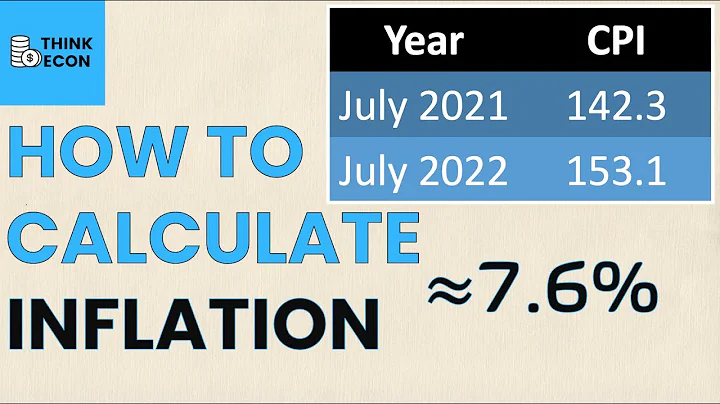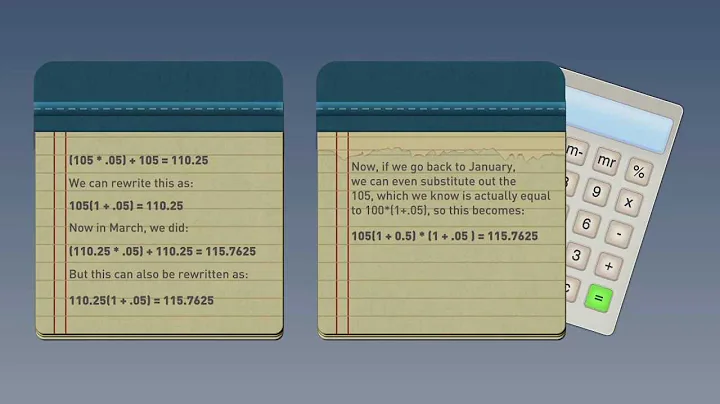As cost pressure increased, Unilever raised prices by 8.3% in the first quarter. Fast-moving consumer goods giant Unilever's first-quarter sales beat expectations, data released by
showed on Thursday, as the food and detergent maker raised prices by more than 8% to offset supply chain and energy costs. increased impact.
Unilever warned that it expected to raise prices further, raising its cost inflation forecast for the second half of this year to 2.7 billion euros (about 2.8 billion U.S. dollars) due to "the outbreak of the conflict in Ukraine and related rising raw material inflation." The company also previously expected cost inflation to reach 1.5 billion euros in the second half of this year.
Unilever's underlying sales rose 7.3% in the first quarter, beating analysts' average forecast of 4.4%.
The company also raised prices an average of 8.3% in the first quarter, but its sales fell 1%, dragged down primarily by its home care business, which makes Comfort fabric softener and Cif disinfectant. Analysts had expected prices to rise 6.3% and sales to fall 1.7%.
According to CNBC, Barclays analyst Warren Ackerman said:
Their (full-year) costs will be four times what they were a year ago. This is why pricing needs to be so high, and why prices will continue to rise. But that's not even the top.
The company's largest price increase was in Latin America and emerging markets, with a 16.4% increase in Latin America, followed by an 8.5% increase in North America.
The company currently expects full-year underlying sales growth to be near the top of its 4.5%-6.5% guidance range, but full-year underlying operating margin to be near the bottom of its 16%-17% guidance range.
Consumer goods manufacturers around the world have been raising prices, driven by soaring energy, commodity, labor and transportation costs, and the conflict in Ukraine exacerbating already-building inflationary pressures.
Unilever's rivals Procter & Gamble and Nestlé have also reported strong sales growth in recent days after raising prices, but some analysts worry consumers may increasingly turn to cheaper options as revenue is squeezed Private label products.
In the last quarter, P&G's sales increased by 3%. Graeme Pitkethly, chief financial officer of Unilever, said in a phone interview with reporters: "Judging from the sales volume of competitors, there are differences in the mix of product categories we sell."
Unilever is particularly vulnerable to the current price pressure. While Nestlé has also had to raise prices to make up for rising food costs, Unilever is more reliant on emerging markets where inflationary pressures are greatest.
Ackerman also said: "The concern is what will happen to sales when pricing increases further?"
Unilever's stock price has fallen by about 17% this year. During this period, the company faced criticism from some investors who accused Unilever of being too focused on sustainability, embarking on a restructuring of the business and failing to secure a £50bn deal to acquire GlaxoSmithKline's consumer health business. .

This article comes from Wall Street News, welcome to download the APP to view more





















